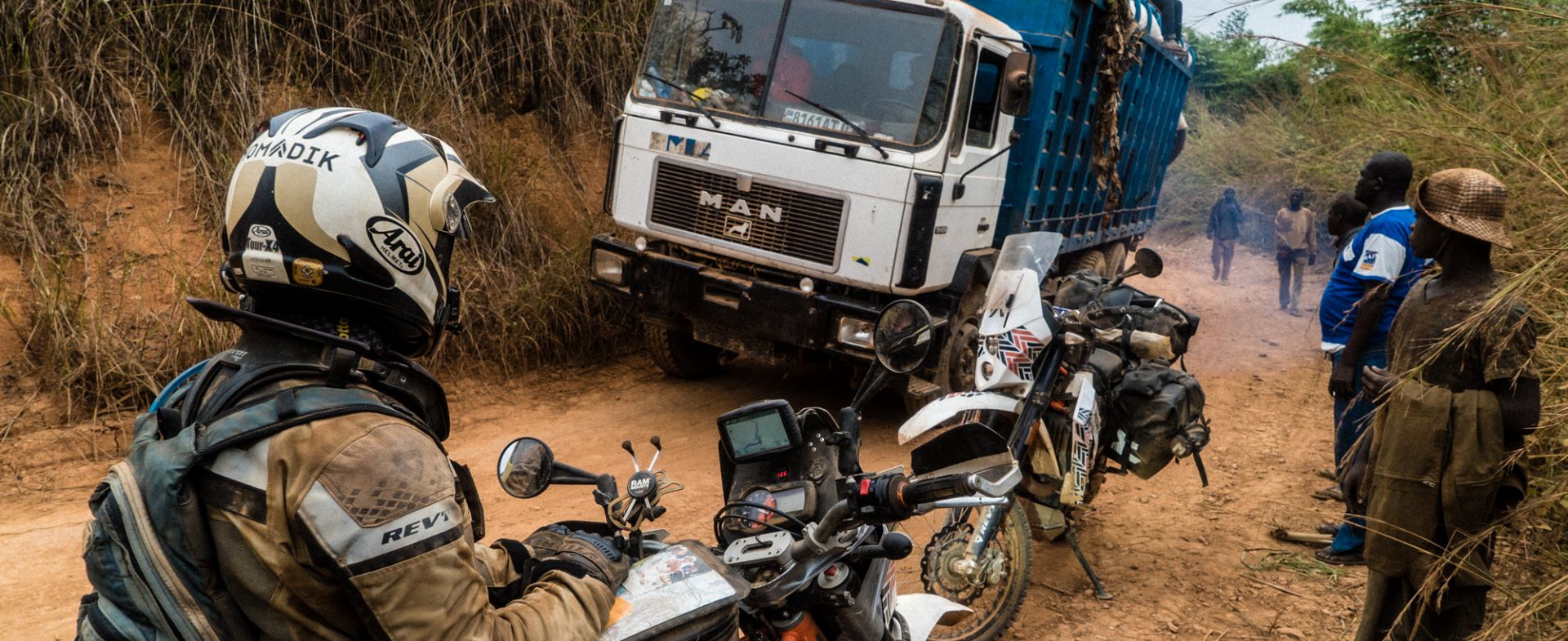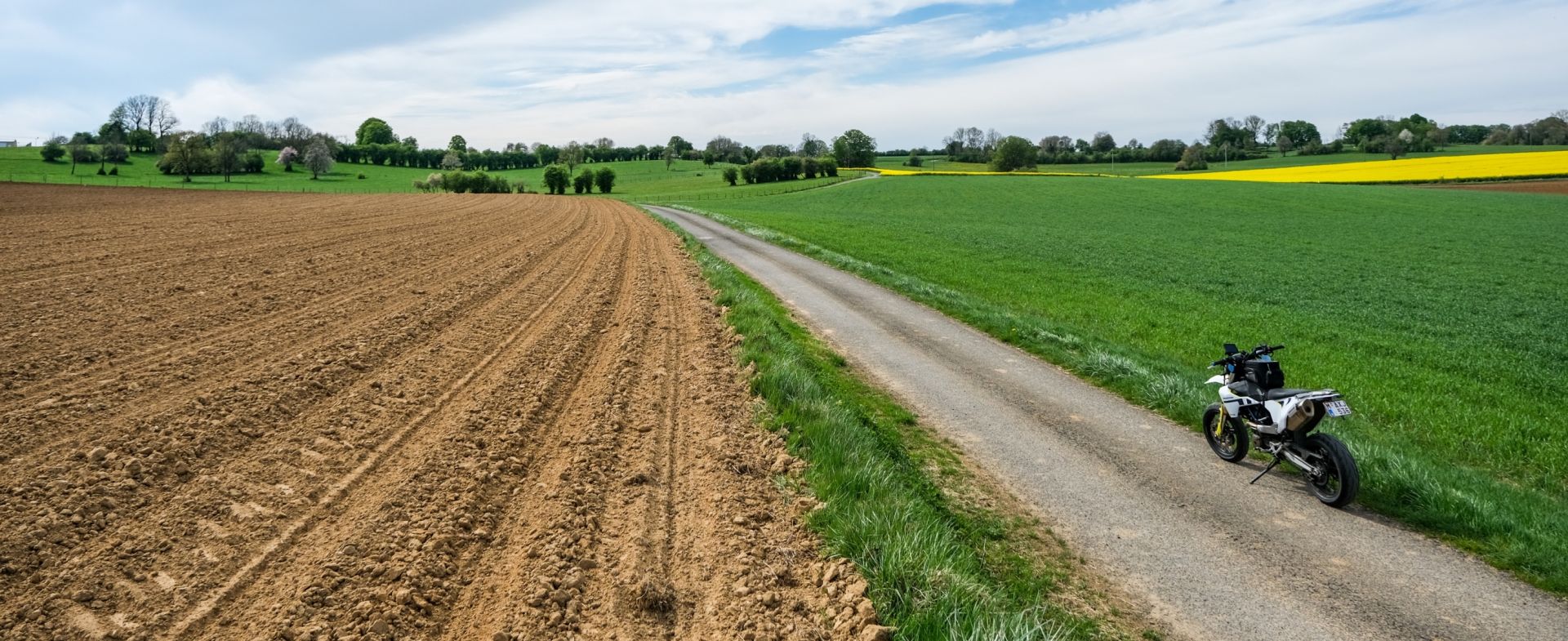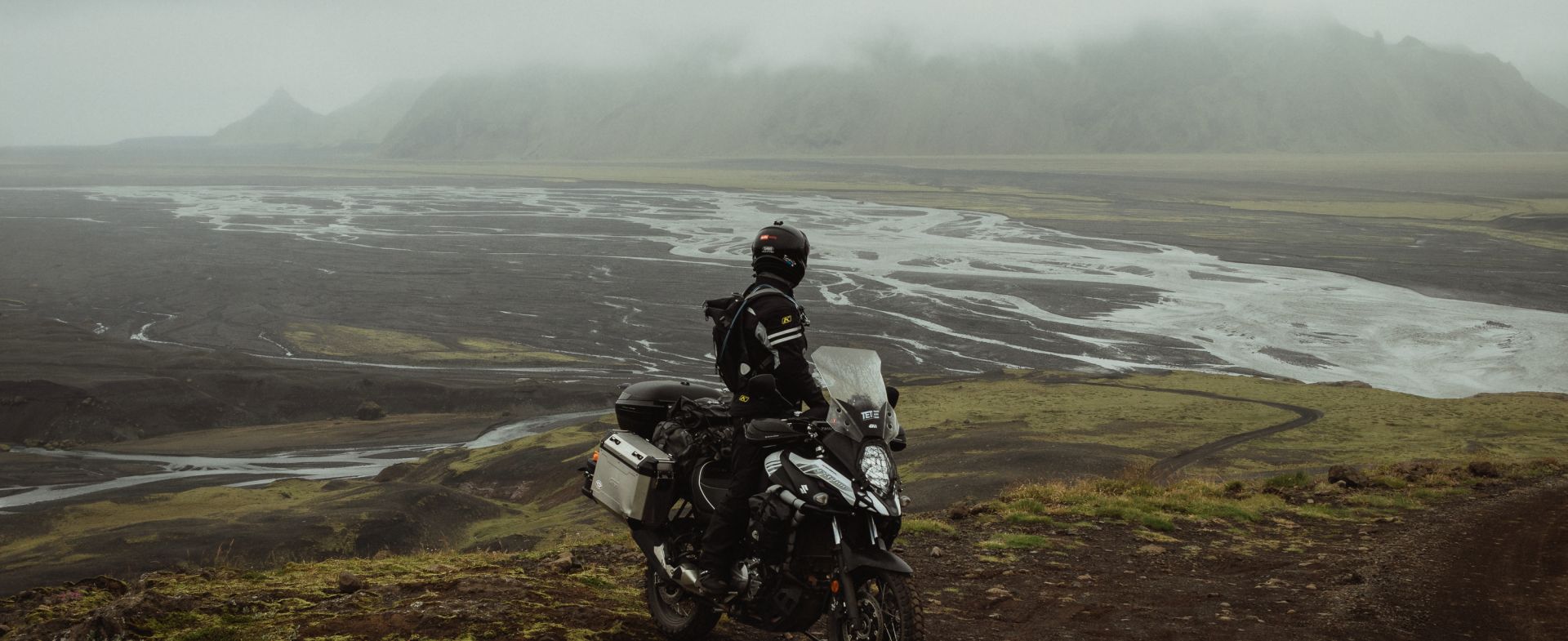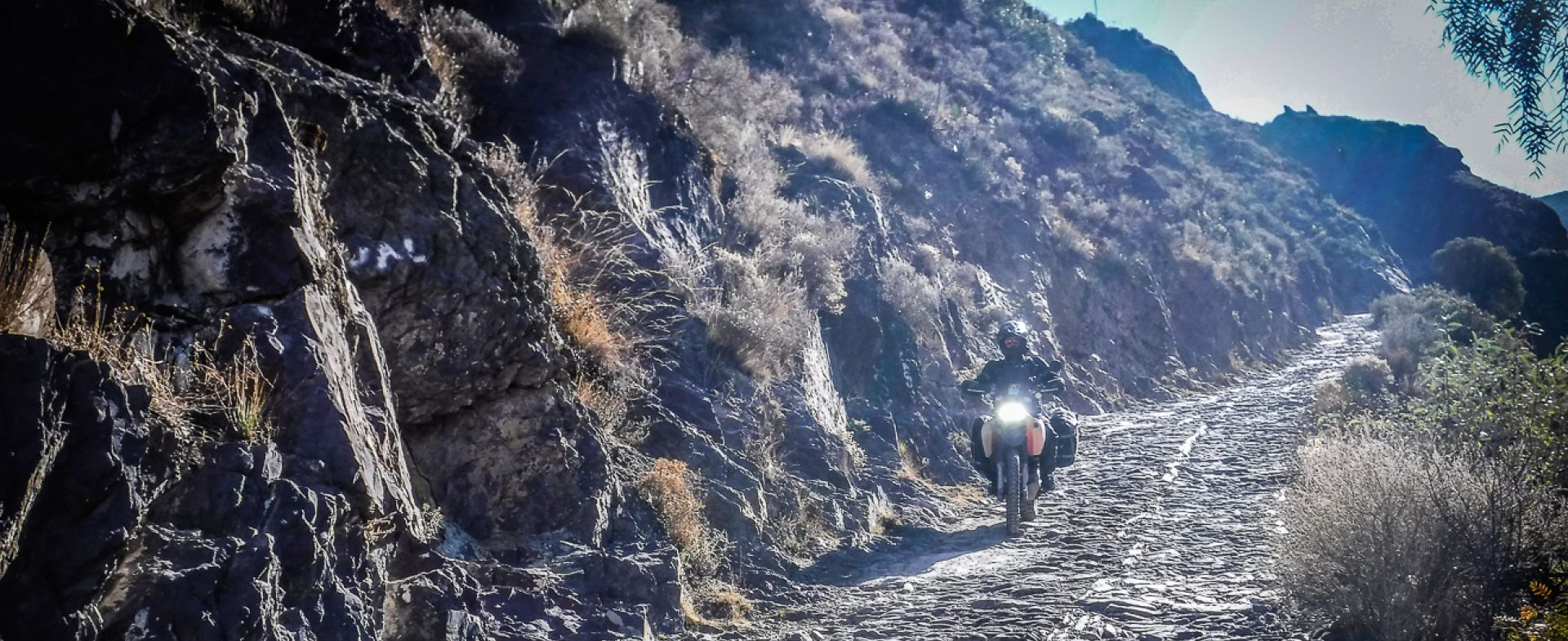What we hoped would take an afternoon turned into 2 full days of work on the bikes that left us yet to gather ourselves and rest before the next push.
On the third morning we had hoped to leave, but when we woke up it was clear that we weren’t going anywhere. We were exhausted and without any debate, we both rolled over to sleep until lunch.
When we finally rose, we found our way to a French bakery where we were greeted by its generous owner, Noel. He owned a Harley and rode it on the highway west of Kinshasa on 500kms of the only paved roads in the Congo.
When he learnt of our plans to ride to Lubumbashi, he insisted that we reconsider. He warned of the two UN investigators that were murdered and the 29 police that were killed in the Kasai, a region that we would have to pass through.
He was genuinely concerned for our well being and insisted that he would pay for a cargo plane to fly us to Lubumbashi himself.
It was not a unique moment in our travels, but equally as odd. It occurs on a trip like this when someone has your best interests and safety in mind, is treating you to a complimentary meal and you have every intention of not taking their advice.
Before we left on this trip, and during our entire journey, people had warned us against going to Africa and not to travel through each and every one of the cities, regions and countries we had already visited. We heard out Noel’s concerns, but tried to move the conversation along without being rude.
But he had planted some doubt in our mind and it sent us into a spiral of uncertainty.
We were aware of the atrocities he mentioned and the risks before we departed for Africa two months before. We had rationalized that we would be moving in a continuous direction and that would-be kidnappers and people wishing us harm would not know we were coming and would not know where we were headed, largely because we didn’t even know where we would stay each day.
We rationalized that we were not there to investigate or meddle in their business. We would not ride at night and we would seek out secure places to camp before nightfall.
Those were the rules that we had agreed to live by before we left for Africa. Already though, we had encountered a heightened intensity in a country little news reaches the outside world, and the news that does is more often than not heavy.
As best as we might try, Noel’s warnings didn’t roll off of us like previous warning. Richard’s wife Theresa was at home 3 months pregnant with their first child. What were we really thinking we were doing trying to cross the DRC?
It brought the entire trip into question.
We had looked forward to the DRC the entire trip, the anticipation and intensity building as we got closer. And we had over stepped most people risk thresholds just to get here so why should we deviate our course?
If we had got dressed and started riding that morning instead of taking another day to rest, we would have been en route and cautiously confident. But Noel’s genuine concern had given us pause.
The DRC is legend for the levels of lawlessness that pervade the country.
While we might well get through without any issue, we would be more exposed than we had been to that point. While some might argue it is an obvious choice not to go, in the context of what we had already come through, it was a decision we wrestled with.





















